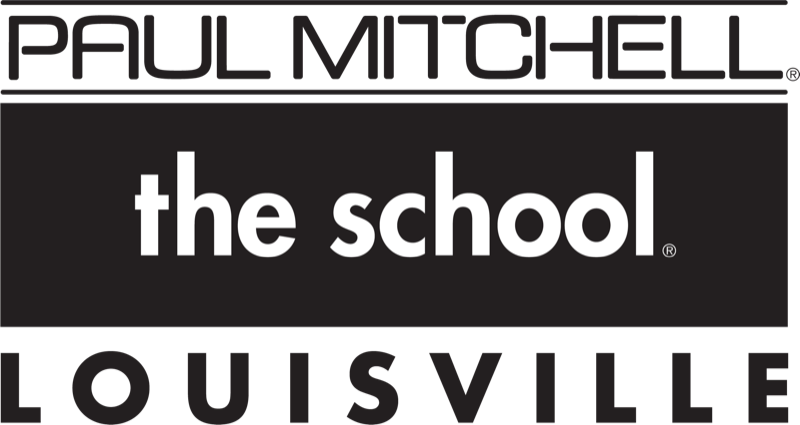APPRENTICE INSTRUCTOR COURSE DESCRIPTION
SOC 25-1194.00, CIP Code 12.0413
The curriculum involves 750 hours for instructor to satisfy Kentucky state requirements. The course educates prospective apprentice instructors to address the needs of students in the classroom and the clinic floor. Prospective teachers learn to utilize a system of forward-focused thinking and front-end coaching. By learning the methods of teaching cosmetology, the prospective teachers learn to engage students in the learning process and stimulate the discovery process with visuals, music, and/or hands-on activities.
*Graduates are prepared to become an entry level instructor.
This course is taught in English. Textbooks and course materials are only offered in the English Language.
APPRENTICE INSTRUCTOR COURSE OVERVIEW
Course Hours: 750 clock hours
The apprentice instructor course is divided into three designations: Postgraduate Training, Psychology and Methodology, and Student Teaching.
The course of instruction for an apprentice instructor shall include no less than 750 hours, 425 hours of which shall be in direct contact with students.
APPRENTICE INSTRUCTOR COURSE OUTLINE
Your time in the Paul Mitchell The School Louisville apprentice instructor course will be divided into three designations:
- Postgraduate Training: This section is a refresher on cosmetology skills, where you will complete worksheets and take cosmetology written exams.
- Psychology and Methodology: These classes focus on the theory of teaching, using Milady’s Master Educator textbook, including weekly tests.
- Student Teaching: You will learn to write lesson plans and do actual teaching from your lesson plans. There will be a practical teaching evaluation of your teaching skills.
APPRENTICE INSTRUCTOR COURSE SUBJECTS
The instructional program of Paul Mitchell The School Louisville meets or exceeds the state requirements.
| Subject | Hours |
|---|---|
| Orientation | 6 |
| The Challenge of Teaching | 24 |
| Characteristics of Teaching | 15 |
| Students & Learning | 30 |
| Developing a Course of Study | 30 |
| Planning for Effective Instruction | 25 |
| Methods & Processes of Teaching | 15 |
| Instructional Aids | 20 |
| Evaluating Student Performance | 25 |
| Creating a Positive Classroom Environment | 15 |
| Record Keeping | 20 |
| Promoting Positive Behavior | 15 |
| Conclusion-Reflection/Vision in Teacher Education | 10 |
| State Law & Regulations | 20 |
| Effective Communications | 15 |
| Salon/Business Management | 15 |
| Career Development | 15 |
| Final Examination | 10 |
| Teaching Observation | 65 |
| Teacher Assistant | 135 |
| Student Teaching | 225 |
| SUBTOTAL | 750 |
The institution offers employment assistance to help graduates’ efforts to secure education-related employment that includes, but is not limited to training in professionalism, resume’ development, job interview preparation and job search skills.
APPRENTICE INSTRUCTOR PROGRAM TESTING AND GRADING PROCEDURE
The following tests and grading procedures are used to assess student learning and mastery of course content in the 750-hour course:
- Students must receive a grade of 70% or higher on each theory exam (for 750 hour course only). Theory exams cover a review of Milady’s Master Educator Student Course Book.
- Students must receive 80% or higher on each final exam; final exams cover a complete overview of Milady’s Master Educator Student Course Book.
- Students must receive 80% or higher on the practical exam, which covers the practical application of cosmetology procedures.
APPRENTICE INSTRUCTOR INSTRUCTIONAL TECHNIQUES AND METHODS
The programs are provided through a sequential set of learning steps which address specific tasks necessary for State Board preparation, graduation and job entry level skills. Clinic equipment, implements and products are comparable to those used in the industry. Each student will receive instruction that relates to the performance of useful, creative and productive career oriented activities. The course is presented through well-developed lesson plans that reflect the latest educational methods. Subjects are presented by means of lecture, demonstration, and student participation. Audio-visual aids, guest speakers, field trips, and other related learning methods are used in the course.
